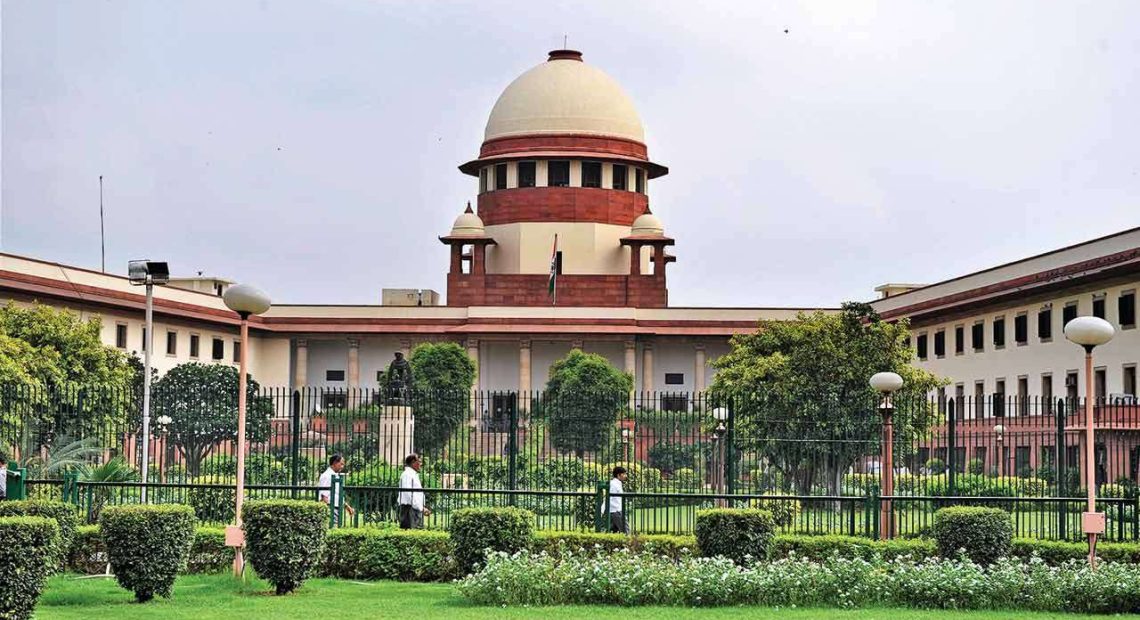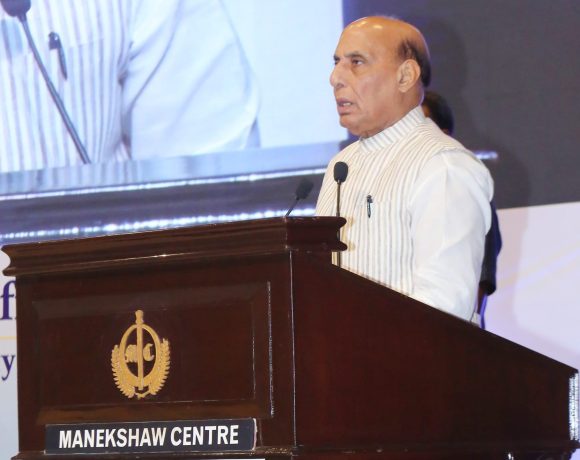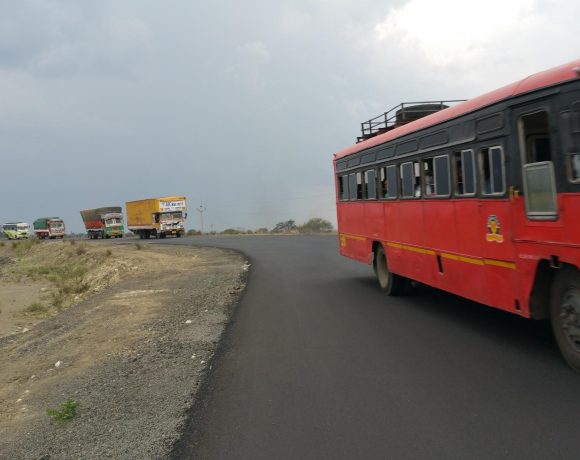
Supreme Court Orders Reforms in Beggars’ Homes
Supreme Court Orders Reforms in Beggars’ Homes
The Supreme Court has directed all states and union territories to ensure dignified living conditions in state-run beggars’ homes. A bench of Justices J. B. Pardiwala and R. Mahadevan underlined that maintaining such homes is a constitutional responsibility and not an act of charity.
Mandatory Medical Care
The Court ordered that every person admitted to a beggars’ home must undergo a health check-up within 24 hours, followed by monthly medical examinations. Authorities must maintain detailed records of illnesses and deaths, with compensation to be paid to families in cases of negligence.
Hygiene and Living Standards
The order stressed the need for potable drinking water, clean toilets with proper drainage, pest control, ventilation, and prevention of overcrowding. States must also conduct infrastructure audits every two years to ensure conditions remain up to standard.
Rehabilitation and Training
The Court directed states to provide vocational training and rehabilitation programs to help inmates become self-reliant. Partnerships with NGOs and other institutions should be encouraged to expand support systems.
Special Provisions for Women and Children
The order requires privacy, safety, and counselling for women, along with childcare and education for children. It clarified that children found begging should not be placed in beggars’ homes but referred to child welfare institutions.
Monitoring and Implementation
Monitoring committees, including civil society and welfare officials, must publish annual reports on conditions in these homes. The Centre has been given three months to frame model guidelines to ensure uniform implementation nationwide.


















